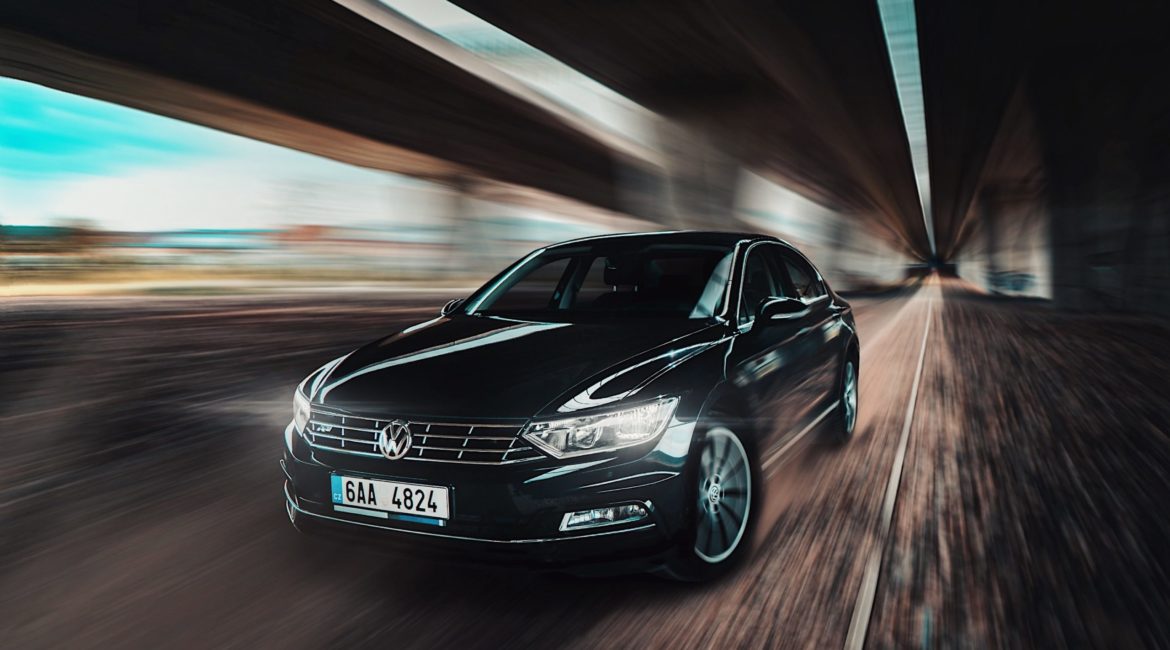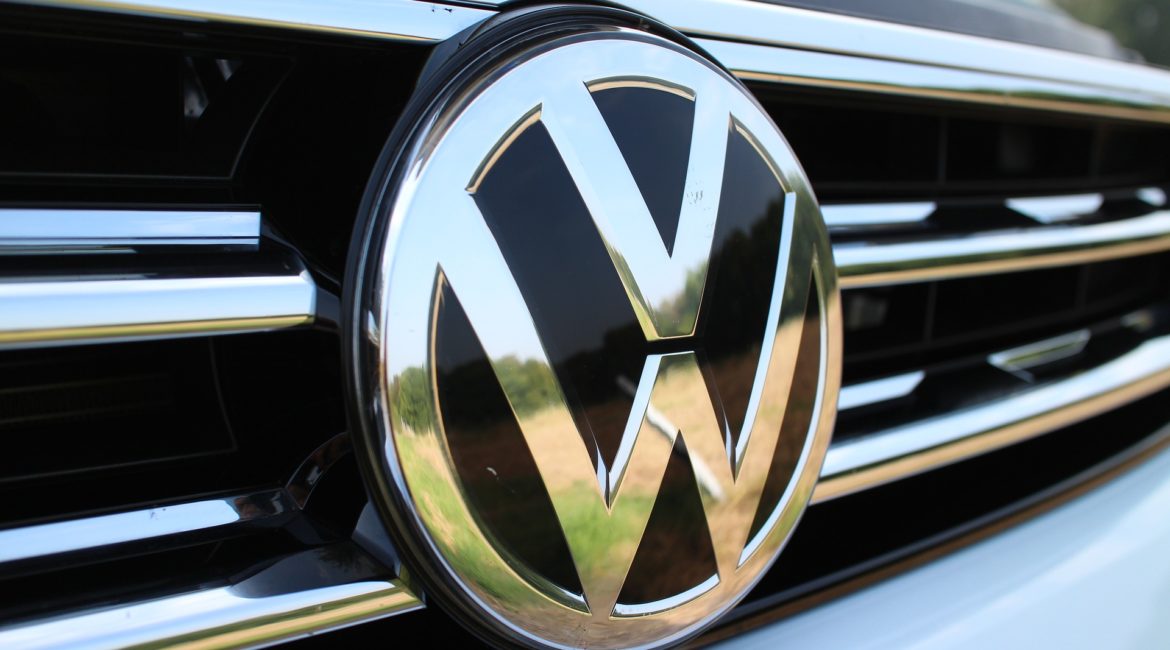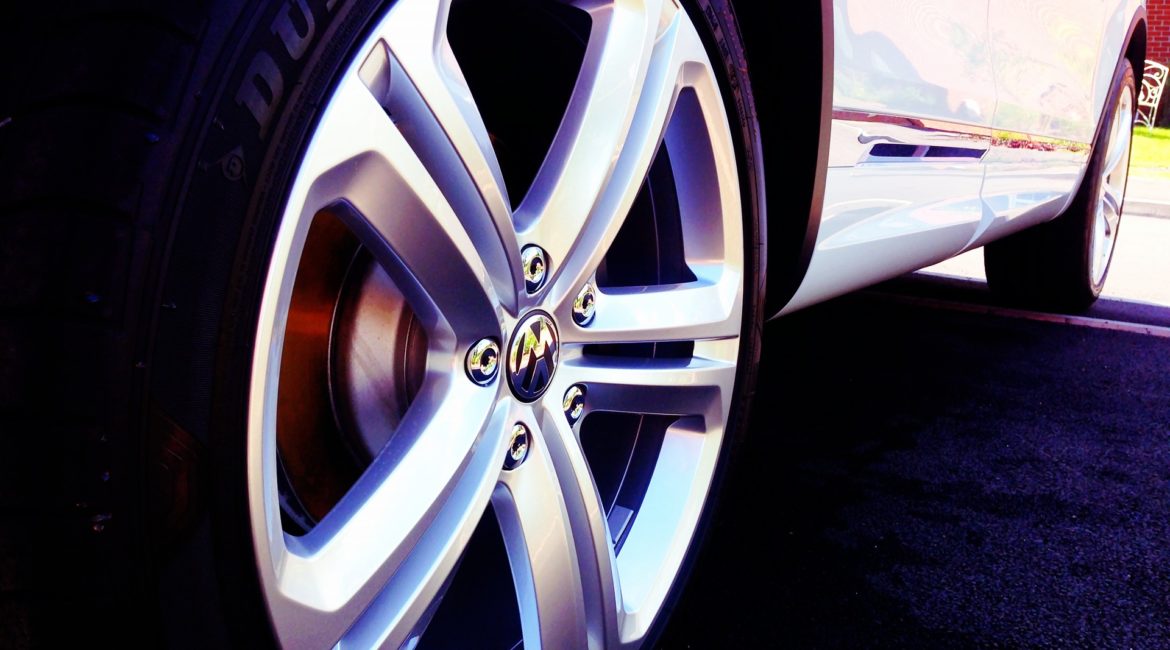VW Does Not Recommend the Use of non-OE Unibody/Structural Components in Any Repairs To promote and maintain its rigorous standards of quality and safety, Volkswagen of America, Inc. provides collision repair centers with critical information about collision repair and parts replacement on Volkswagen vehicles. In this blog, they outline the...
Volkswagen Unibody Structural
VW Does Not Recommend the Use of non-OE Unibody/Structural Components in Any Repairs To promote and maintain its rigorous standards of quality and safety, Volkswagen of America, Inc. provides collision repair centers with critical information about collision repair and parts replacement on Volkswagen vehicles. In this blog, they outline the...
Volkswagen Says Use Only OE Parts for Wheel Reconditioning
If a body shop tells you that a non-OE part or unapproved repair process is acceptable to recondition your wheels, refer to Volkswagen’s position statement on the subject. Volkswagen’s position statement on this topic is short and clear. “A reconditioned wheel or any wheel not approved by Volkswagen may cause...
Reconditioned Wheels Are Not Approved by Volkswagen—Here’s How That Affects You
Volkswagen says that it's dangerous for you to drive on reconditioned wheels. If you are not familiar with wheel reconditioning, it is a process of using various tools and methods to try to repair a damaged wheel, instead of replacing it entirely. Some methods include welding, re-plating, or...
Volkswagen Approves Only OEM Parts on Structural Repairs—Here’s Why You Should Care
Volkswagen is wary of aftermarket, recycled, and salvage replacement parts in structural repairs. It is common practice in our industry for each vehicle manufacturer to provide “Position Statements” that explain the best methods for repairing their makes and models. In the event of structural repairs, Volkswagen has released...



